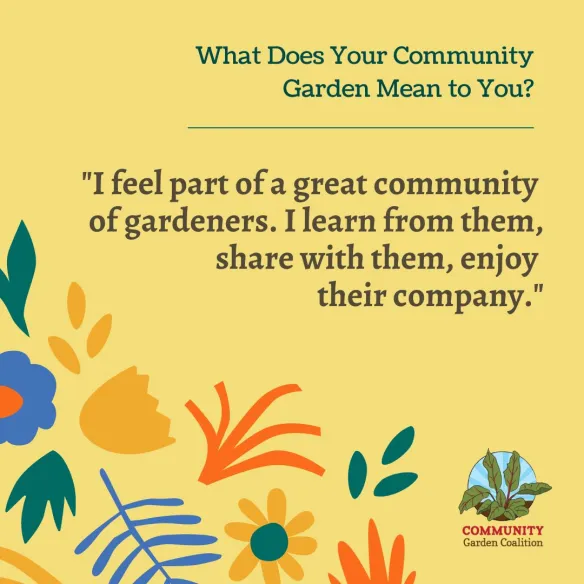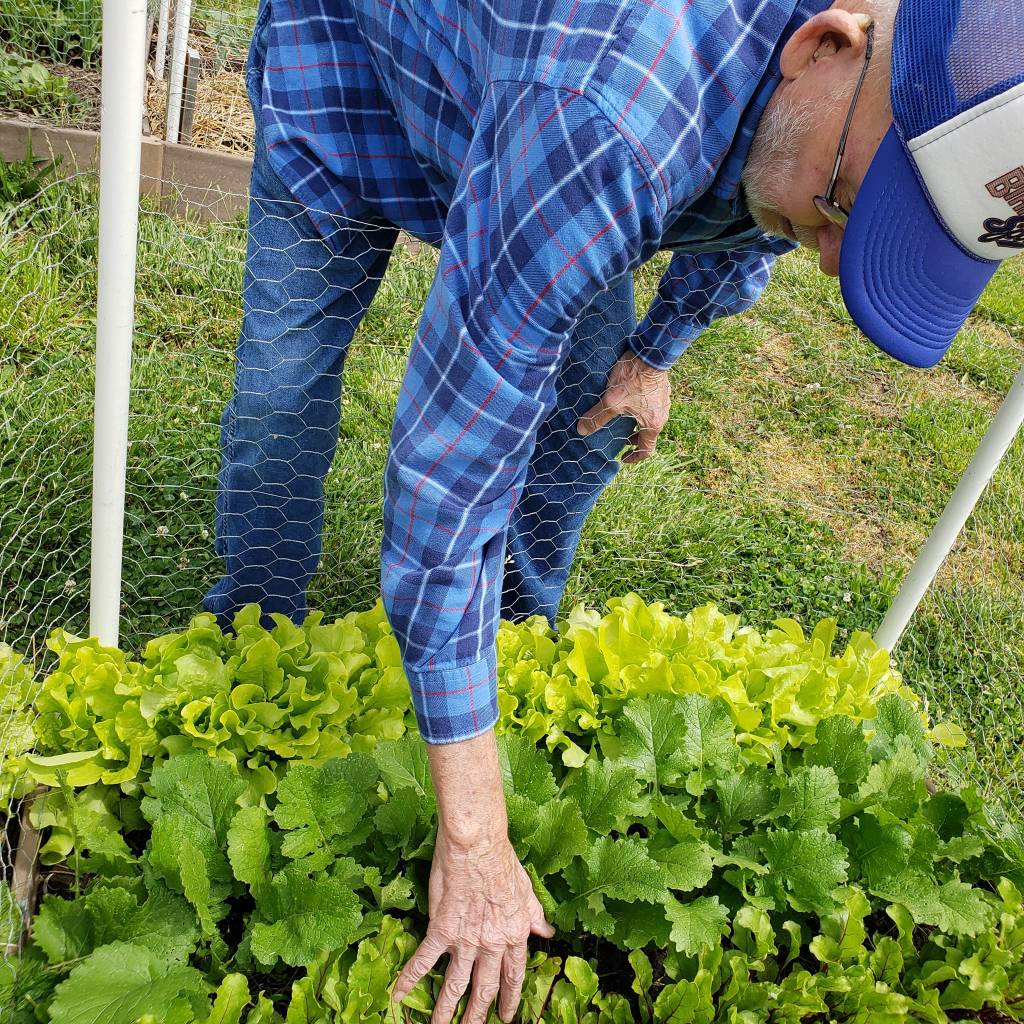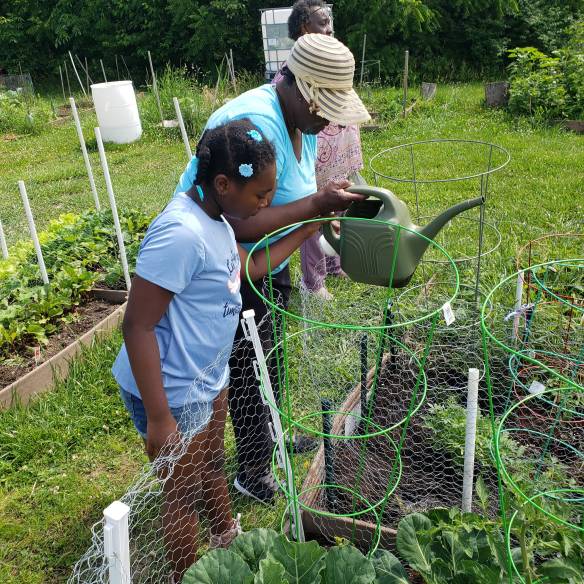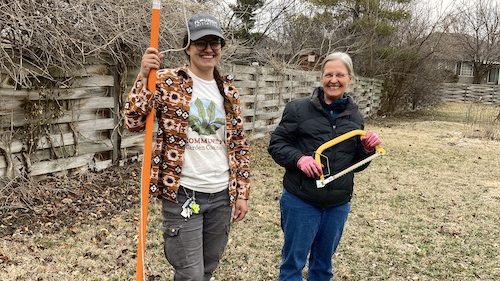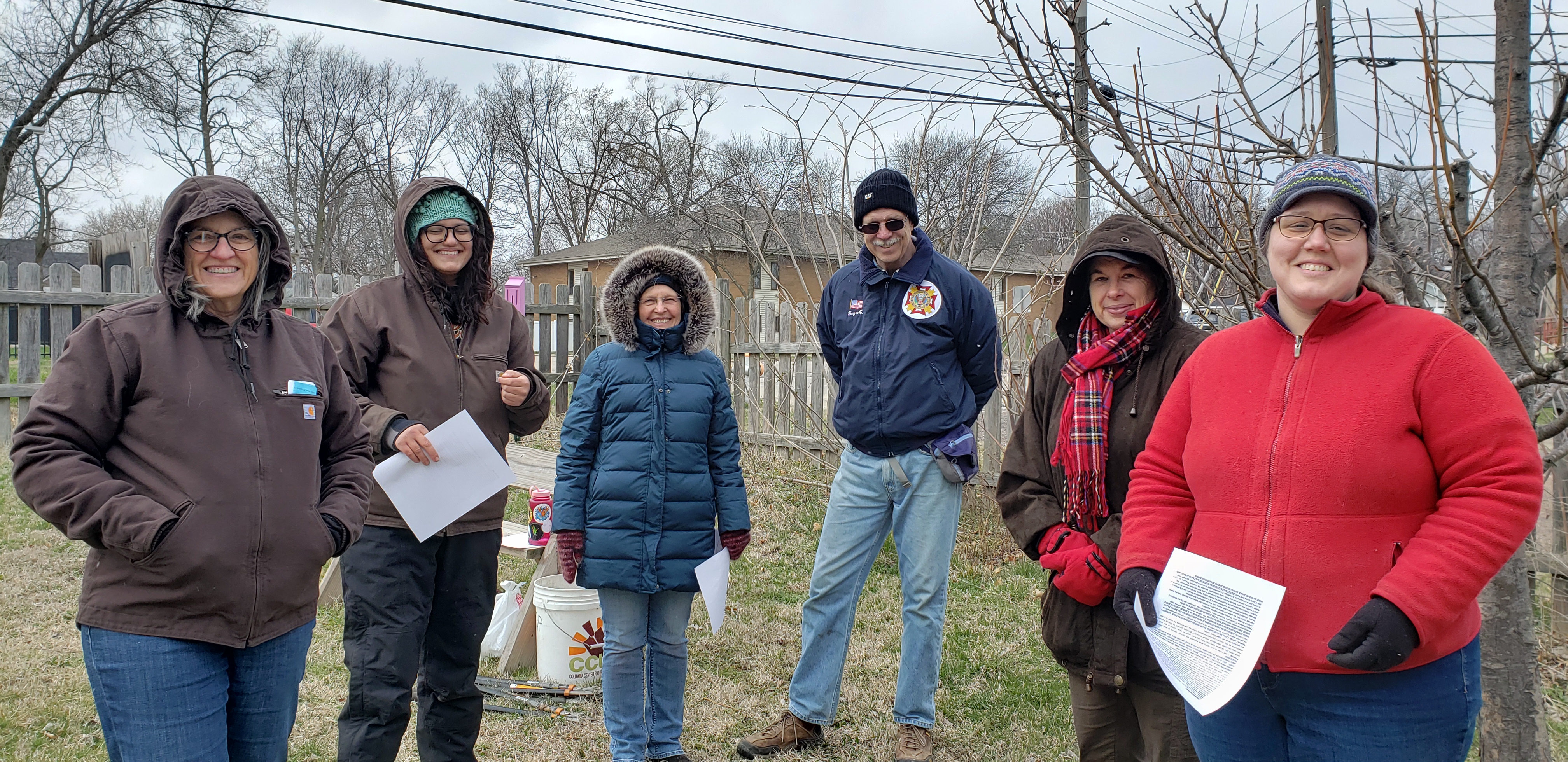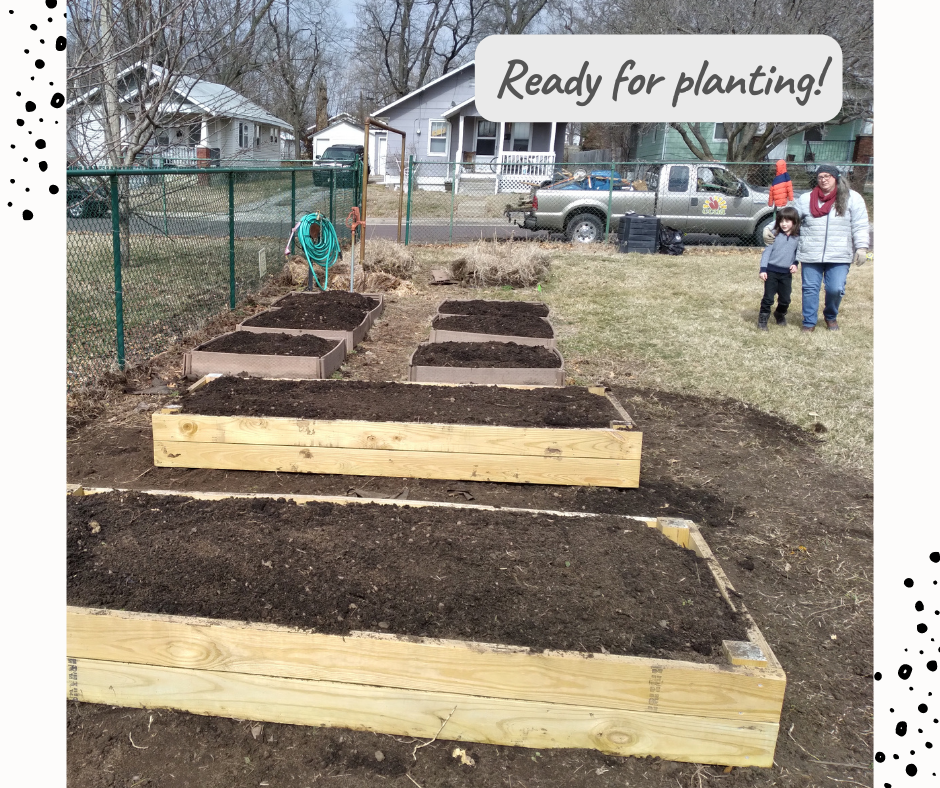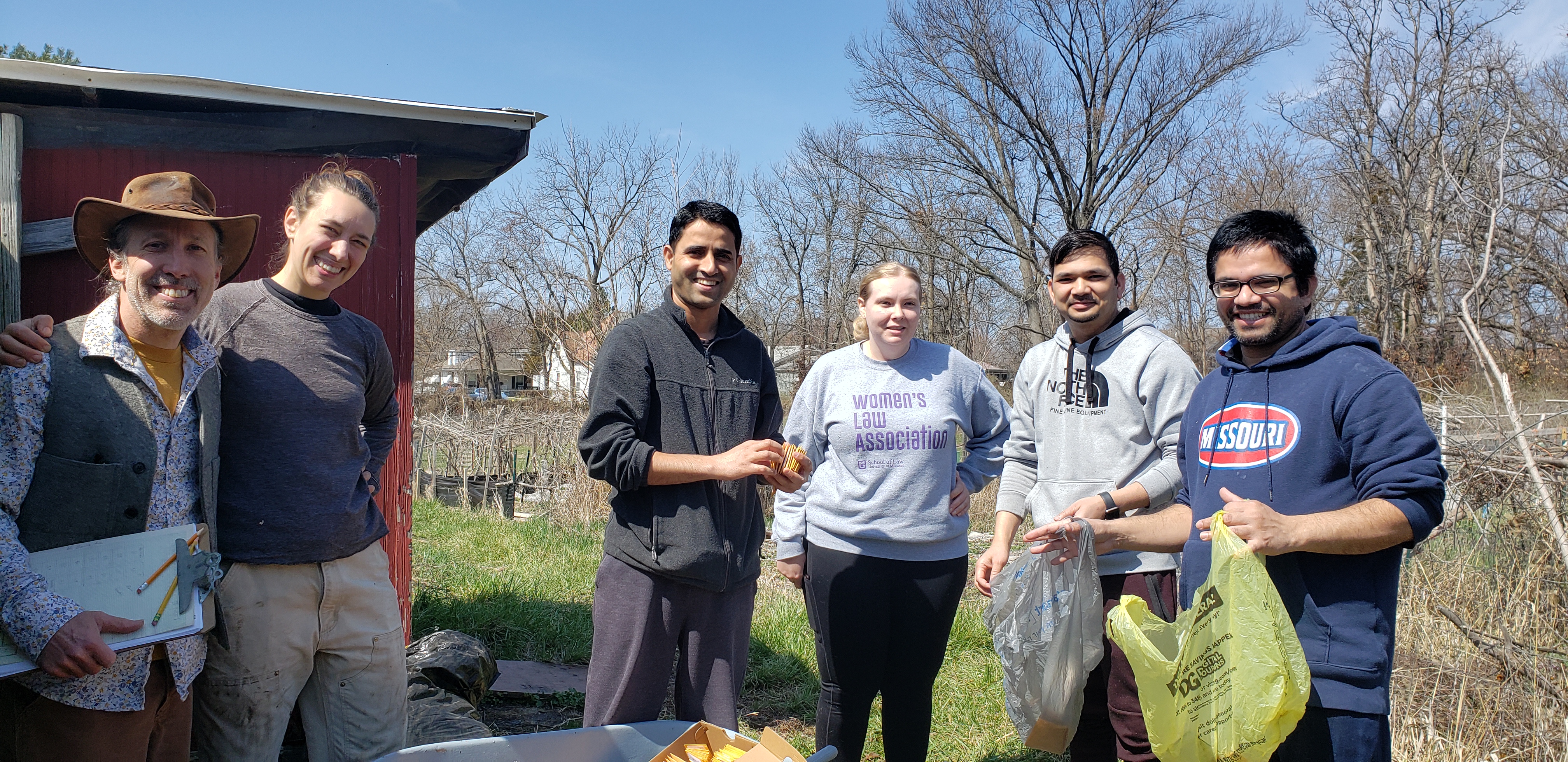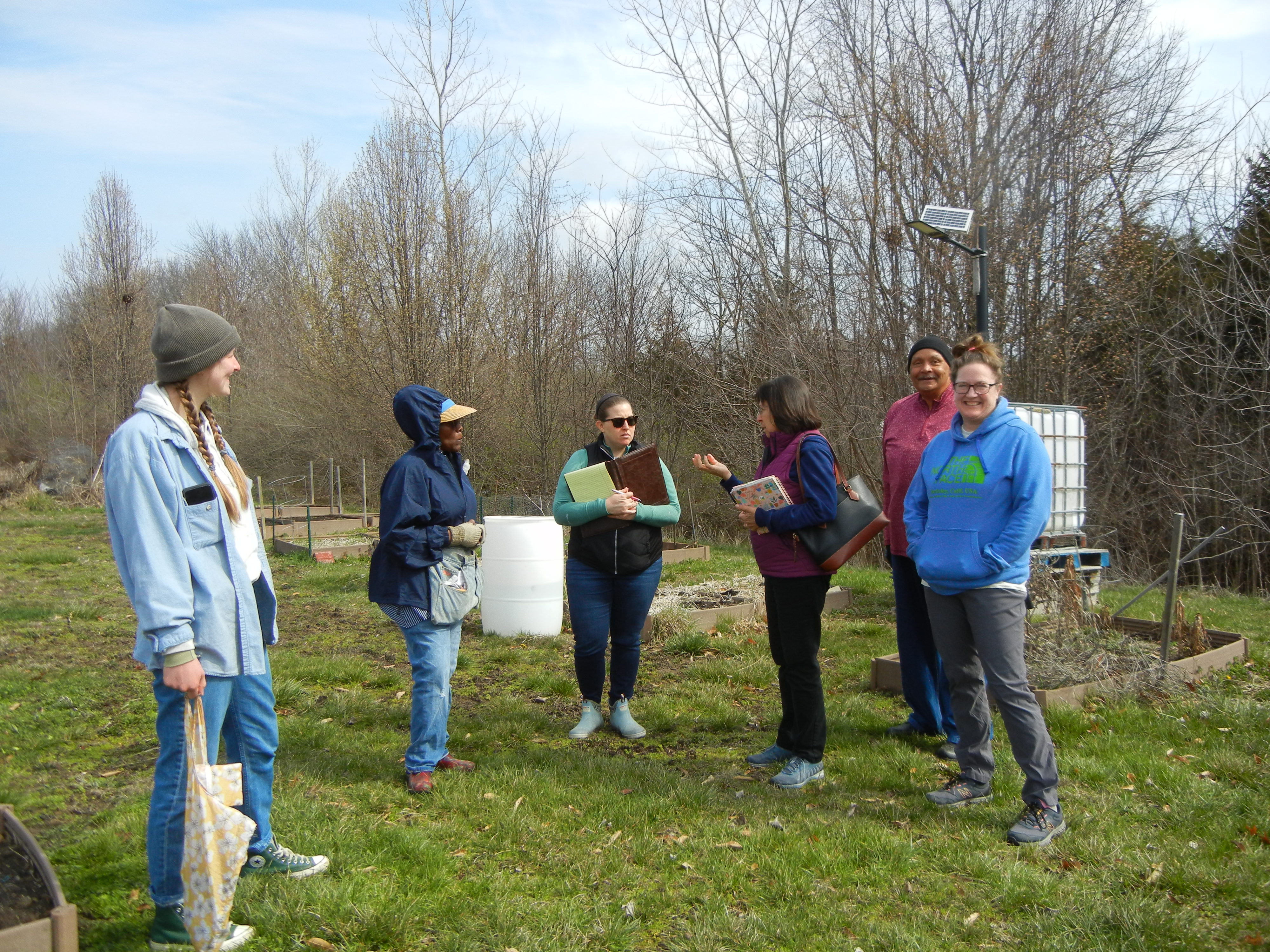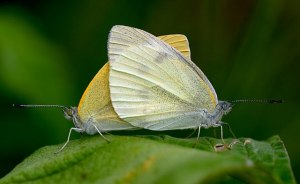With Saturday’s meeting of garden leaders, the spring season is truly underway at community gardens. Here are a few things to know!
If you were a community gardener at one of our member gardens last year, please take a minute to confirm with your garden leader whether you will garden again this year. We have heard from many new gardeners seeking plots and some gardens are already full!
If you are planning a garden this year:
- Talk to your garden leader if you want seeds, row cover or hoops — all three are available through the CGC. (You make a donation here to offset our costs if you’re able.) This year, the CGC will not distribute garden plants.
- Water is on already at some gardens, but not all yet. Please ask your GL for information.
- Please have someone in your household fill out the Annual Household Info form.
If you’re a garden leader or helping out at your garden, please see our Resources for Garden Leaders page for information shared at our meeting today, the annual reporting form for group/youth gardens, and more.
Get More Involved This Year — Volunteer!
Please remember that all garden leaders and CGC board members are volunteers! We appreciate everyone’s effort to keep the gardens running! If you have time to volunteer a little more at your garden, contact your garden leader; there are usually lots of tasks to go around.
Or, maybe you’d be interested in helping out on our board! We have some veteran members stepping down; and we could use some fresh faces to help us continue this work. Please contact us for more information!
